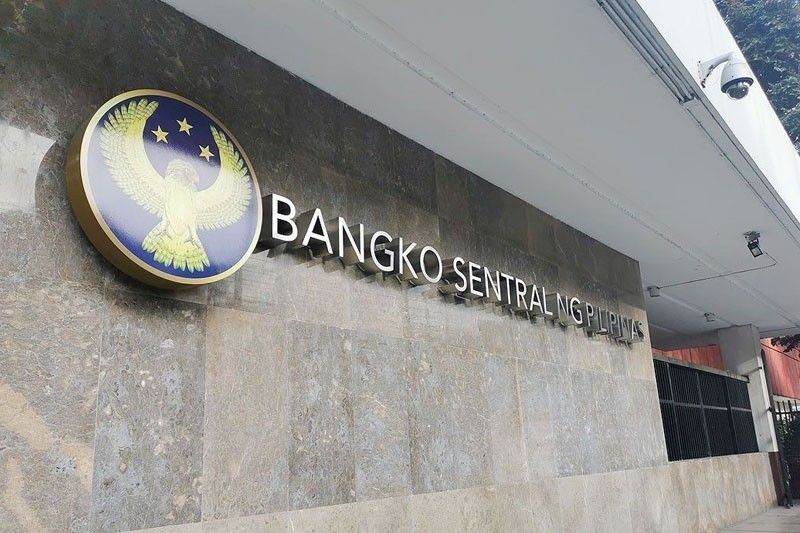Rules on crypto transfer tightened

MANILA, Philippines — The Bangko Sentral ng Pilipinas (BSP) is set to tighten the implementation of rules on virtual asset or cryptocurrency transfers that are considered cross-border wire transfers.
The regulator has issued Memorandum 2023-042 clarifying the implementation of the Philippine travel rule for virtual asset service providers (VASPs).
The BSP said the clarifications pertain to the applicability of the P50,000 transaction threshold, the expectations on transactions with jurisdictions without travel rule, the applicability of Philippine travel rule to non-custodial VASPs, and regulatory expectations on transactions with unhosted wallets or crypto wallets controlled by the owner rather than being managed by a third-party service provider.
Paris-based Financial Action Task Force (FATF) has required the Philippines to establish guidance on travel rule for VASPs, to prevent terrorists and other criminals from having unfettered access to electronically facilitated fund transfers for moving their assets and for detecting such misuse when it occurs.
According to the central bank, the issuance is in line with the objective of improving the Philippines’ overall risk management of risks arising from money laundering and terrorist financing.
As part of the travel rule requirement, BSP-supervised financial institutions (BSFIs) should look into the originator’s name or sending customer, account number used to process the transaction via the virtual asset wallet, originator’s physical address or national identity, as well as the beneficiary’s name and account number.
The BSP said originating institutions should ensure that virtual asset transfers not exceeding the P50,000 threshold or its equivalent in foreign currency should include the names and account numbers of both the originator and beneficiary.
It added that originating and beneficiary VASPs should establish and adhere to robust sanction screening procedures to ensure compliance with sanctions list and prevent transactions involving sanctioned individual, entities or jurisdictions.
“In addition, all VASPs are required to screen all transacting parties against terrorist financing/proliferation financing lists, as well as against adverse media reports,” it said.
Furthermore, VASPs are required to undertake necessary due diligence on the sending and receiving of virtual assets to and from countries without travel rule regimes to determine whether the counterparty institution is able to send or receive the Philippine travel rule information.
The VASPs are required to exercise caution and perform enhanced due diligence in dealing with transfers using unhosted wallets in recognition of the money laundering, terrorist financing and proliferation financing risks.
The BSP said banks and financial institutions should also conduct due diligence on their customers transacting with unhosted wallets.
“Notwithstanding the existing challenges in travel rule implementation, the BSP strongly enjoins BSFIs to remain vigilant in safeguarding the financial system by maintaining secure and interoperable channels for information sharing on travel rule requirements,” the BSP said.
Global dirty money watchdog FATF has given the Philippines until January 2024 to address the remaining gaps in its regime to counter money laundering as well as terrorist and proliferation financing.
The Paris-based body reincluded the Philippines in the gray list or jurisdictions under increased monitoring in June 2021.
- Latest
- Trending




























